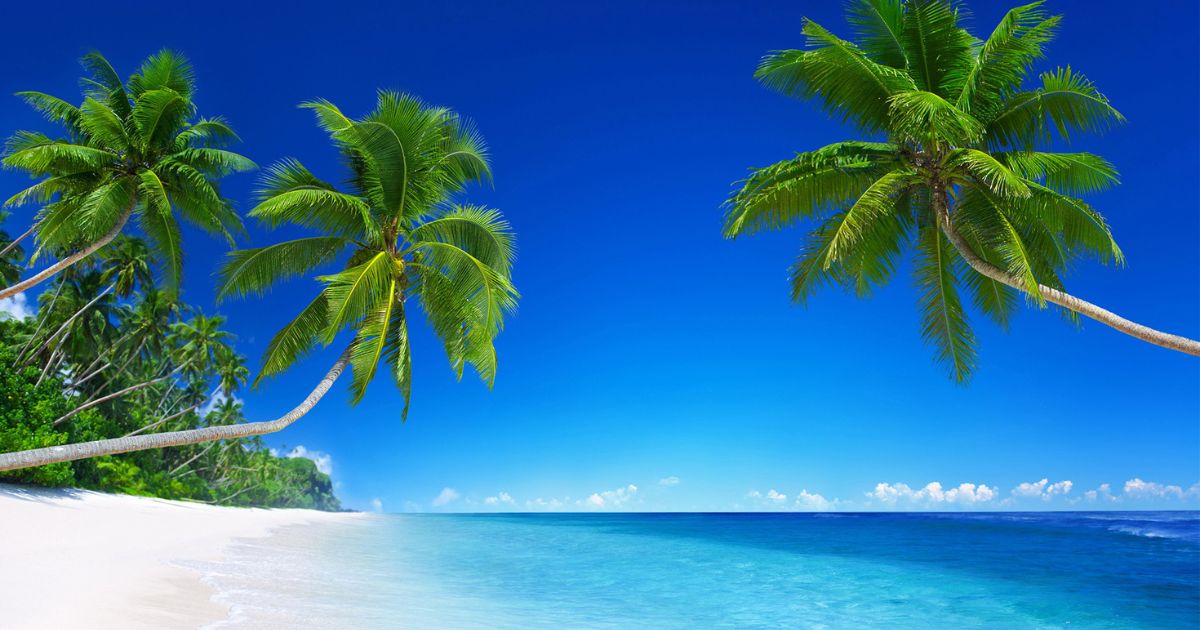
As more travelers seek to minimize their environmental impact while still enjoying sun, sand, and sea, eco-friendly beach destinations have surged in popularity. From solar-powered resorts on private atolls to community-run lodges on remote shores, these sustainable island getaways prove that luxury and environmental stewardship can go hand in hand. In this guide, we’ve curated the top ten eco-conscious beach escapes around the globe, pairing pristine natural beauty with responsible tourism practices. Whether you’re craving snorkeling over vibrant coral reefs, learning about local conservation programs, or simply relaxing in a zero-waste bungalow, you’ll find inspiration here for your next green adventure.
1. Tikehau, French Polynesia: Overwater Bungalows with a Green Heart
Tikehau Atoll is a slice of paradise that balances luxury with low-impact living. Several boutique resorts here run entirely on solar energy and harvest rainwater for guest use. Coral gardens ring the lagoon, offering world-class snorkeling directly from the beach. The local conservation group invites visitors to join reef monitoring expeditions, supporting restoration efforts for endangered marine species. Meals at eco-resort restaurants spotlight farm-to-table produce grown on-site, reducing food miles and supporting local agriculture.
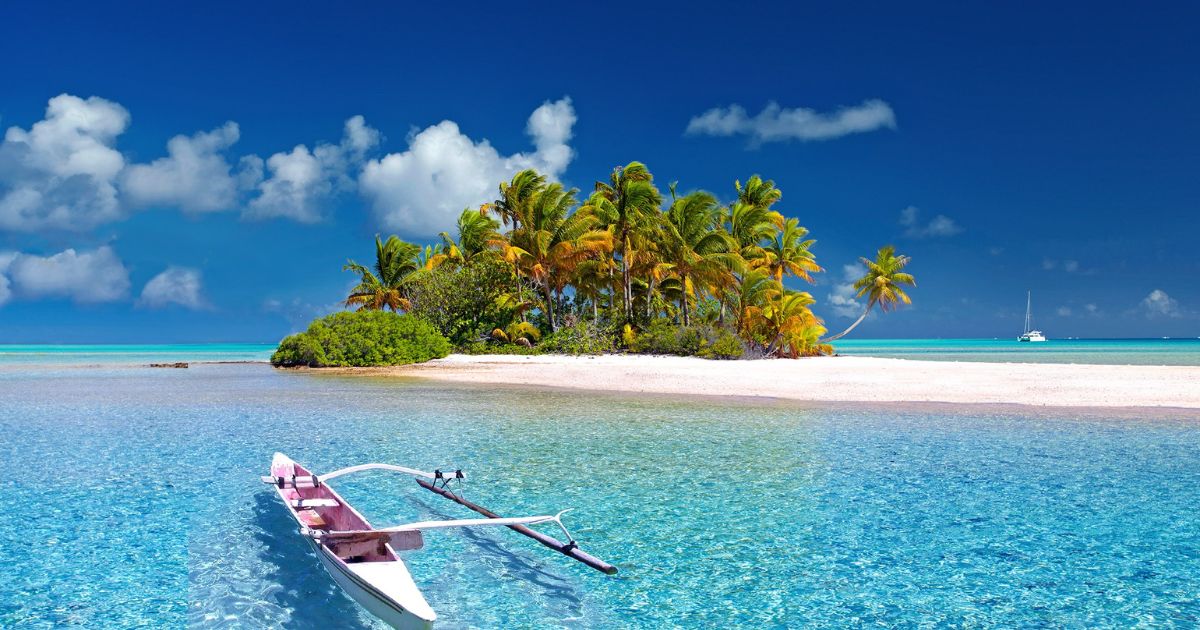
2. Gili Eco Trust, Indonesia: Plastic-Free Island Adventure
Just off Bali’s northwest coast lie the Gili Islands, with Gili Trawangan leading an ambitious mission to become plastic-free. Volunteers comb the beaches every morning, collecting debris before sunrise. Green hotels and dive centers contribute proceeds to turtle rescue programs while offering eco-surf courses and coral-planting workshops. At the heart of the initiative is a community recycling hub, where all waste is sorted, composted, and repurposed, turning the island into a model for sustainable tourism in Southeast Asia.
3. Bocas del Toro, Panama: Jungle Meets Caribbean Sea
In Panama’s Bocas del Toro archipelago, eco-lodge stays blend rainforest immersion with Caribbean coastline. Elevated wooden cabins use natural ventilation and rainwater catchment systems to reduce energy consumption. Guided kayak tours navigate mangrove labyrinths, revealing nesting sites of rare bird species. On land, visitors can take part in beach clean-ups and reforestation projects, planting native trees to stabilize shorelines against erosion. Nightly presentations by local biologists share insights on protecting the fragile coastal ecosystem.
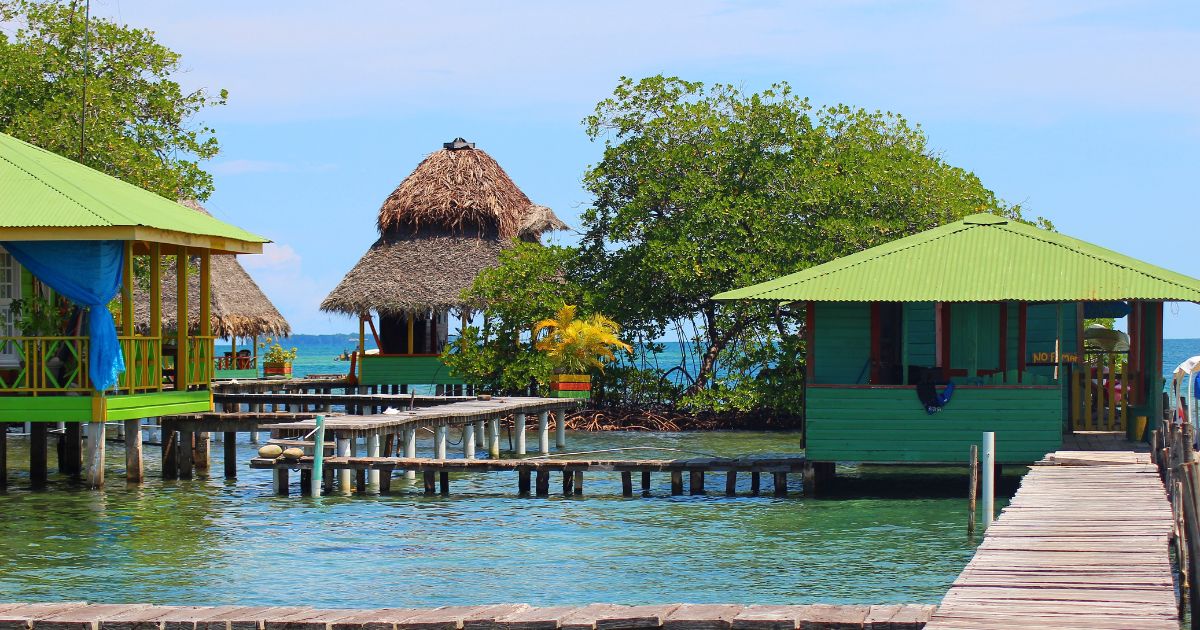
4. Cayo Largo, Cuba: Solar-Powered Seclusion
Cayo Largo’s remote location makes it a haven for travelers seeking both solitude and sustainability. The island’s small resorts leverage photovoltaic arrays to power their suites, pools, and beach bars. Electric shuttle boats ferry guests to offshore snorkeling spots where you can swim among sea turtles and parrotfish. A portion of every booking fee funds the protection of sea turtle nesting beaches, ensuring that hatchlings can make it safely to the sea each year.
5. Zanzibar, Tanzania: Community-Run Beach Camps
On the southeastern shores of Zanzibar, community-run beach camps offer authentic cultural exchange and eco-friendly lodging. Traditional Makuti-thatched huts have been refurbished with recycled wood and local materials. Every stay helps finance mangrove replanting projects that protect the coastline from storm surges. Guests can join seaweed farming cooperatives, learning how sustainable aquaculture provides income for local women while preserving marine habitats.
6. Palawan, Philippines: Protected Paradise
Often dubbed the “Last Frontier” of the Philippines, Palawan remains fiercely protective of its natural resources. Eco-resorts on Coron Island adopt strict no-single-use policies and run marine patrols alongside park rangers. Island-hopping excursions include visits to hidden lagoons accessible only by kayak, minimizing motorized footprint. Coral rehabilitation sanctuaries allow guests to plant and monitor coral fragments, contributing to one of the world’s most biodiverse reef systems.
7. Sardinia, Italy: Solar-Charged Coastal Retreats
In the Mediterranean, Sardinia is redefining luxury with eco-conscious sensibilities. Coastal estates powered by renewable energy now offer cliffside infinity pools and sea-view yoga decks. The island’s vineyards practice organic farming, and farm-to-table dining experiences emphasize locally harvested seafood. Collaborative programs with marine biologists allow visitors to witness loggerhead turtles nesting on protected beaches under the cover of night, learning about conservation measures first-hand.
8. Koh Phayam, Thailand: Low-Tech Tropical Haven
Koh Phayam’s lack of mass tourism infrastructure is its greatest asset. Bamboo bungalows line quiet beaches, cooled by sea breezes rather than air conditioning. Solar panels and gravity-fed water systems supply basic comforts, encouraging travelers to slow down and appreciate simplicity. Snorkeling tours avoid fragile reefs, focusing instead on soft-sediment snorkeling sites that regenerate quickly. At sunset, locals host beachside BBQs using sustainably caught fish and organic produce.
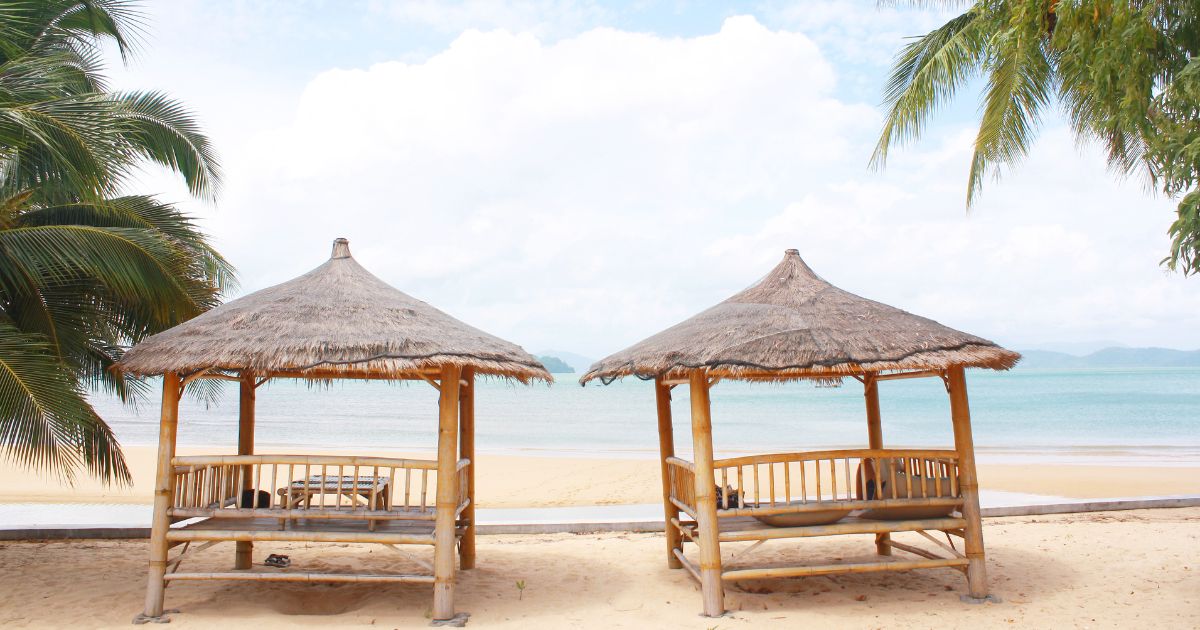
9. Nosy Be, Madagascar: Biodiversity on the Shore
Madagascar’s Nosy Be island is a biodiversity hotspot both on land and underwater. Eco-resorts partner with local NGOs to protect endemic lemurs and rare orchids while offering guided night walks through vanilla plantations. Marine activities include responsibly timed whale-shark encounters and seagrass restoration efforts that support endangered dugongs. Every guest stay contributes to community education programs focused on wildlife preservation and ecotourism training for local youth.
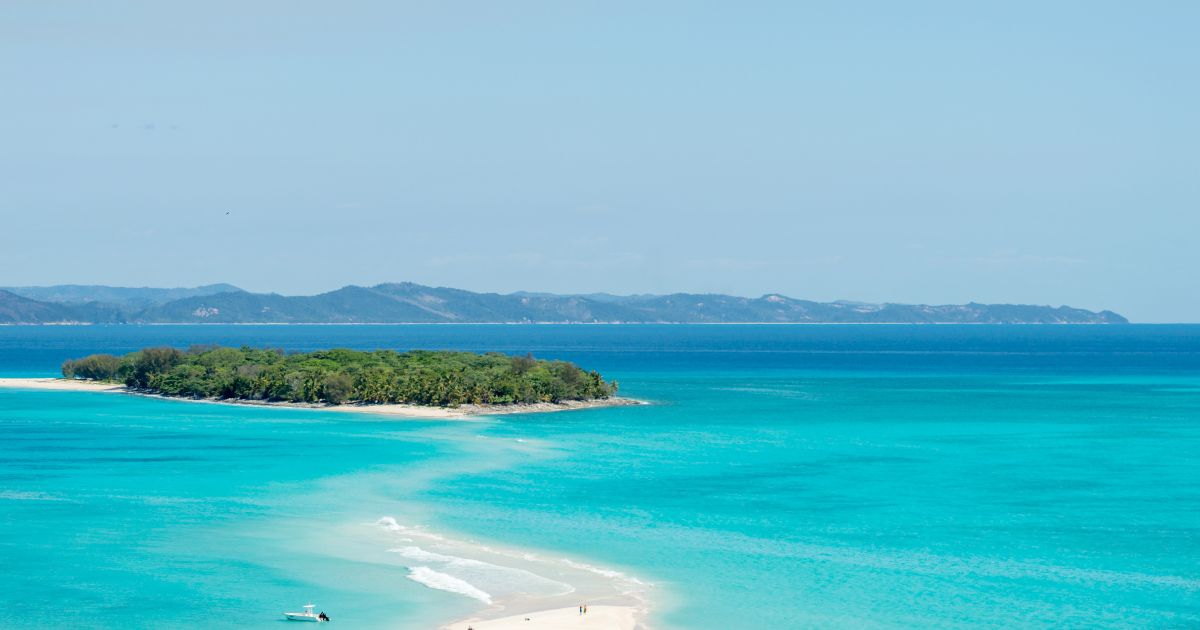
10. Lord Howe Island, Australia: World Heritage Wilderness
Lord Howe’s UNESCO World Heritage status ensures that tourism remains capped and strictly regulated. Access by small prop plane or ferry limits crowds, while eco-certified eco-lodges use composting toilets, solar glazing, and off-grid water systems. Guided hikes through the island’s volcanic peaks offer breathtaking views, and scuba dives reveal ancient coral walls. A meticulous island biosecurity protocol protects native species, making every visit a lesson in conservation best practices.
Planning Your Sustainable Beach Getaway
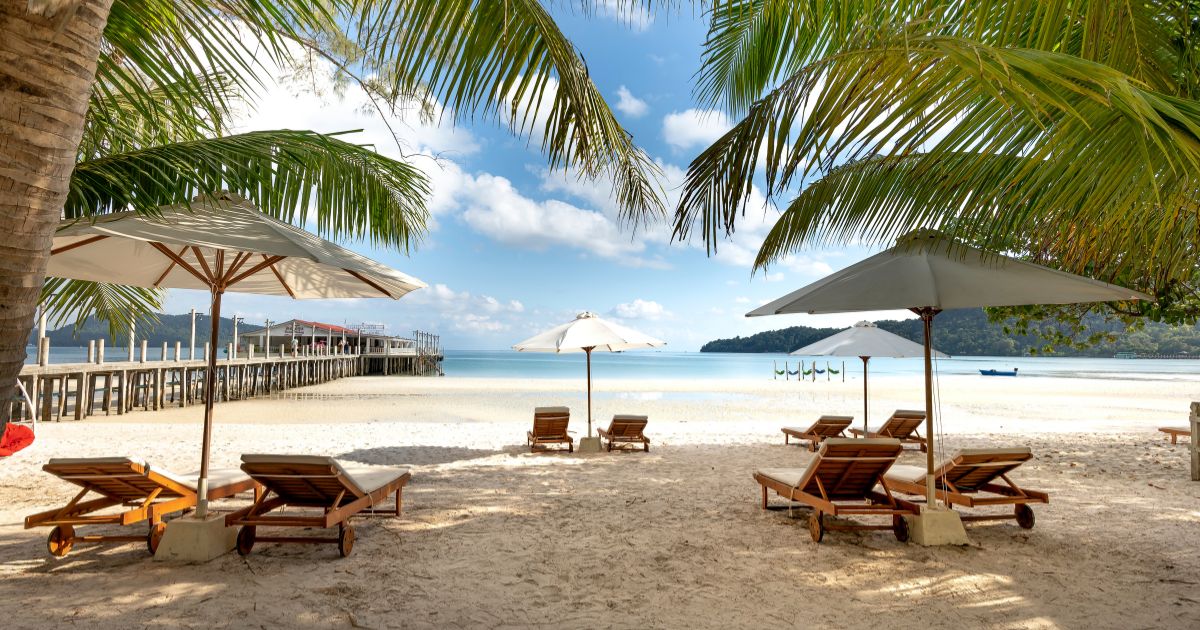
Before booking, confirm that your chosen eco-friendly accommodations or tour operator hold credible certifications such as EarthCheck™, Green Globe, or Rainforest Alliance. Look for clear policies on waste management, renewable energy use, and community engagement. Opt for direct flights or carbon-offset programs, and choose overwater or beach villas that prioritize natural ventilation and local materials. Research local customs, respect wildlife guidelines, and support community-owned businesses by booking excursions and meals through local operators.
Eco-Conscious Packing Tips
- Reusable water bottle and straw: Avoid single-use plastics.
- Biodegradable sunscreen: Protect coral reefs by choosing reef-safe formulas.
- Quick-dry clothing: Reduce laundry needs and water usage.
- Portable solar charger: Power your devices off-grid.
- Eco-friendly toiletries: Look for shampoo bars and bamboo toothbrushes.
- Snorkel gear: Bring your own mask and fins to limit equipment rentals.
Learn More: How to Pack for an Eco-Friendly Trip
Conclusion: A New Era of Responsible Beach Travel
Eco-friendly beach escapes are no longer niche—they represent the future of conscious tourism. By choosing sustainable accommodations, engaging in local conservation efforts, and minimizing your footprint, you can experience some of the world’s most beautiful shores while safeguarding them for generations to come. Pack mindfully, book wisely, and dive into the adventure of a lifetime on a truly green island getaway.

















No Comments